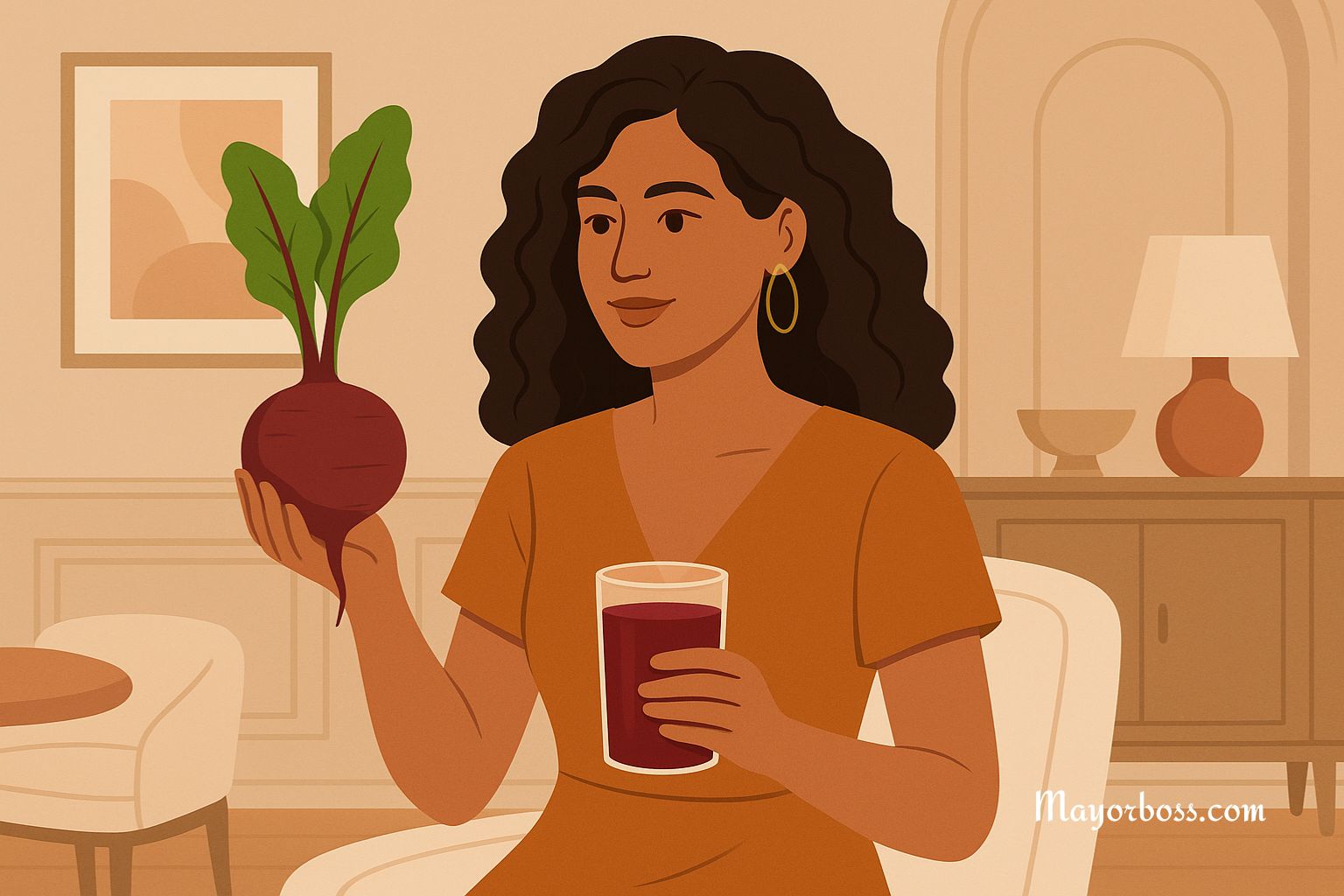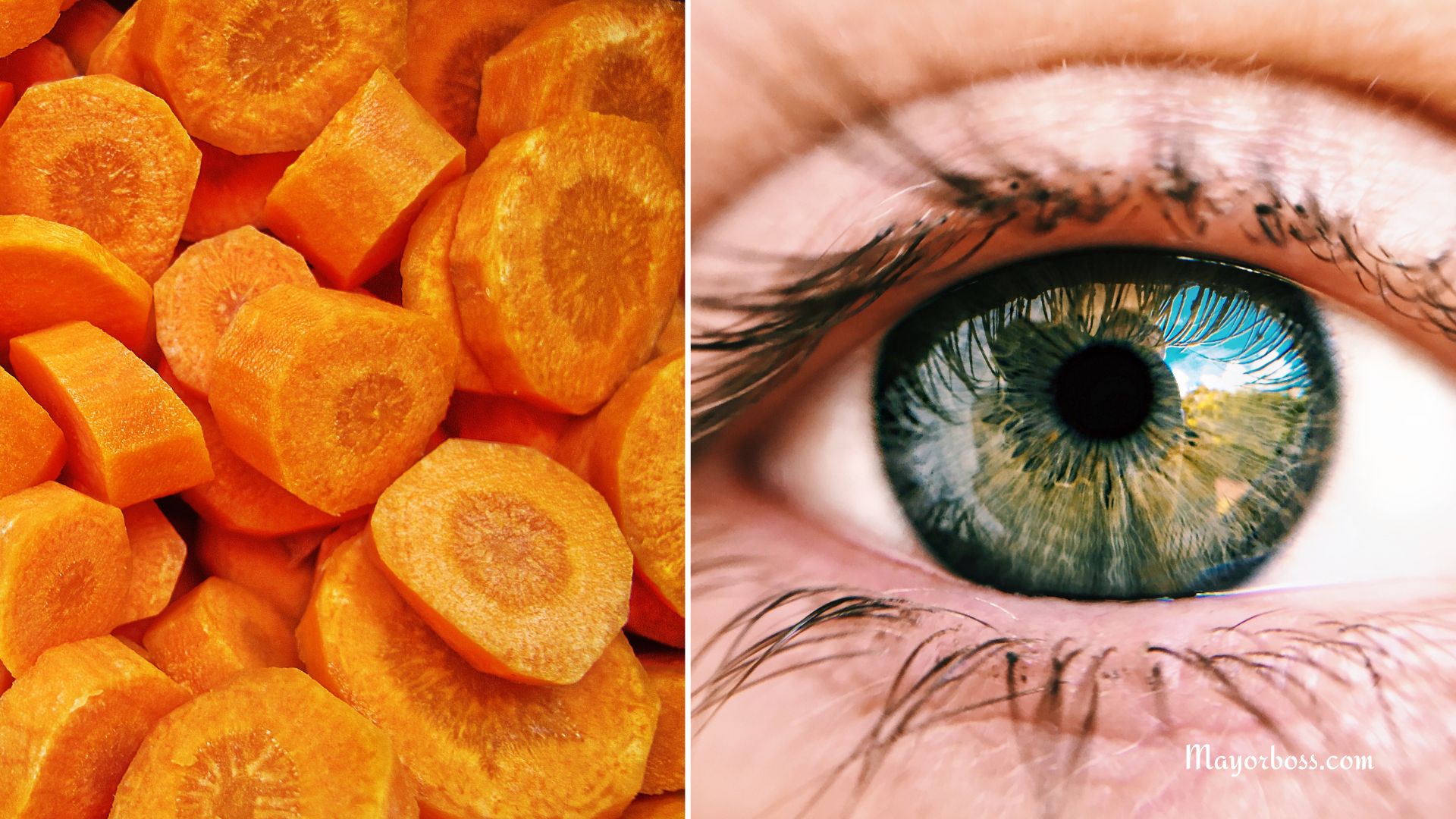10 Signs That You Are Not Eating Enough
Do you feel sluggish, tired, or weak, even when you’ve had a full night’s rest? Do you find it hard to concentrate or get easily irritated? These could be signs that you’re not eating enough. In a culture obsessed with dieting and weight loss, it can be easy to forget that food is fuel for our bodies.
Our bodies require a certain amount of nutrients and energy to function optimally. If we’re not providing it, we’re setting ourselves up for a host of physical and mental health problems. In this article, I’ll discuss ten signs that you might not be eating enough.
1. Constant Hunger
One of the most obvious signs that you’re not eating enough is that you’re constantly hungry. When you don’t eat enough, your body goes into “starvation mode” and tries to conserve energy by slowing down your metabolism. This can make you feel hungry all the time, even if you’ve just eaten.
2. Low Energy Levels
If you are not eating enough, your body is not getting the fuel it needs to function properly. As a result, you may experience low energy levels, fatigue, and lethargy.
3. Difficulty Concentrating
When your body is not getting enough nutrients and energy, your brain’s ability to concentrate and focus is compromised. This can make it difficult to complete tasks, remember things, and make decisions.
4. Irritability
Not getting enough food or nutrients can also affect your mood. Low blood sugar can cause irritability, mood swings, and even depression. If you’re experiencing changes in your mood that you can’t explain, it may be due to a lack of proper nutrition.
5. Feeling Cold
Your body needs the energy to generate heat, and when you are not consuming enough food, your body temperature may drop, leading to feeling cold all the time. Studies suggest that people who eat low-calorie diets tend to have lower body temperatures than those who eat a balanced diet.
6. Poor Digestion
Another sign that you are not eating enough is poor digestion. When you don’t consume enough fiber, vitamins, and minerals, your digestive system doesn’t get the nutrients it needs to work properly. This can lead to problems such as constipation, abdominal pain, acid reflux, and bloating.
7. Slow Metabolism
When you are not eating enough calories, your metabolism slows down to conserve energy, making it difficult to lose weight or maintain a healthy weight.
8. Weak Immune System
Your immune system relies on proper nutrition to function properly. If you’re not eating enough, you may find that you’re getting sick more often or that it takes longer for you to recover from illness. This is a sign that your immune system may be compromised.
9. Hair Loss
Believe it or not, studies say not eating enough may lead to hair loss. That’s because your body needs certain nutrients, like protein, iron, biotin, and zinc, to keep your hair healthy. If you’re not getting enough of these nutrients, you may notice that your hair is thinning or falling out.
10. Menstrual Irregularities
For women, not eating enough can also lead to menstrual irregularities. This is because your body needs a certain amount of calories to regulate your menstrual cycle. If you’re not getting enough calories, you may experience irregular periods or even missed periods.
Takeaway
If you’re experiencing any of these signs, it’s important to speak with your doctor or a nutritionist to determine if you are not eating enough. Eating a balanced diet that is rich in vitamins, minerals, and nutrients can help to ensure that your body has the energy it needs for optimal functioning.
Further Reading: 5 Reasons for Eating Too Much






